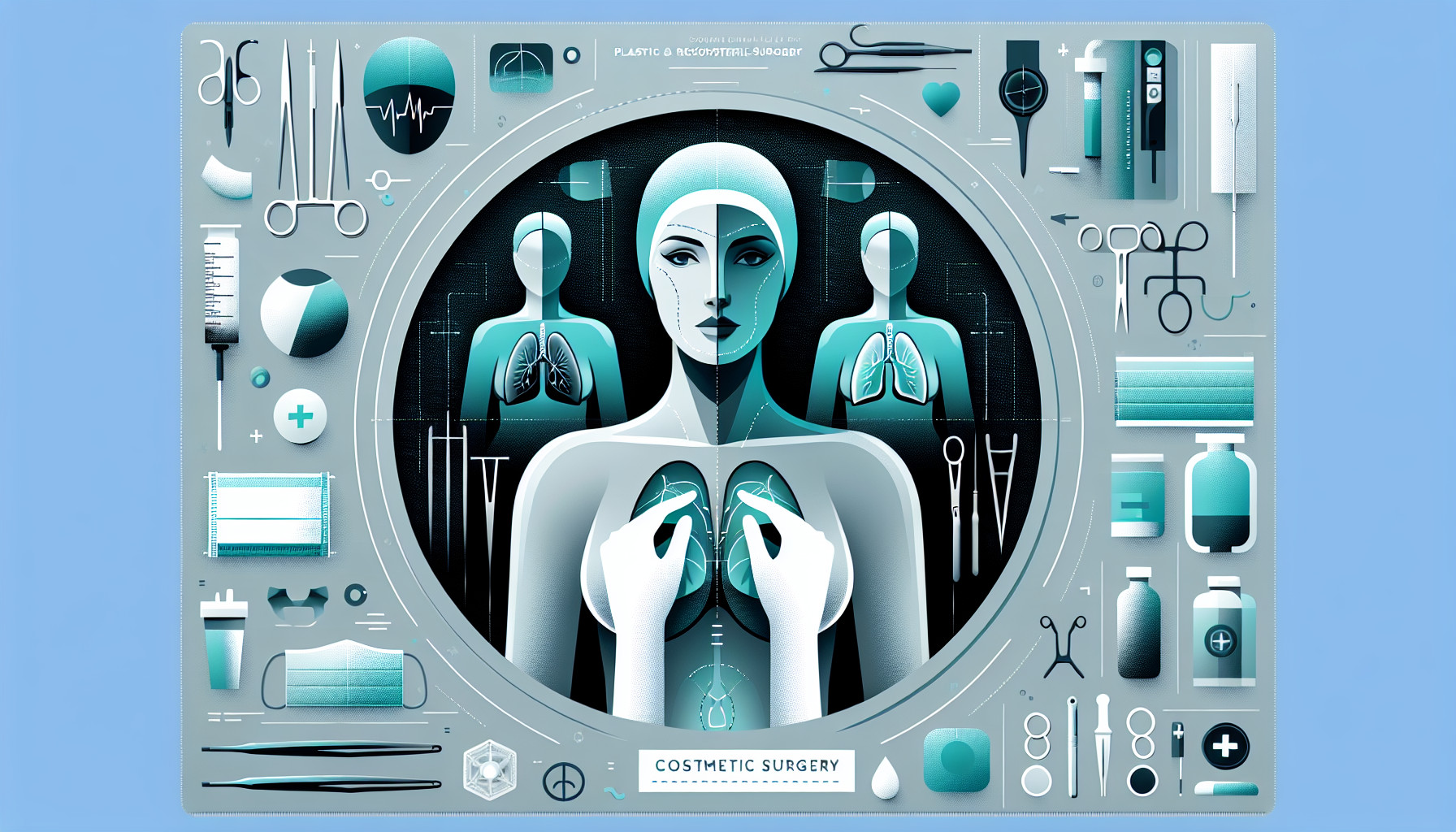Our Summary
This paper reviews previous studies to understand how cosmetic surgery affects a person’s mental health. The research looked at the effects on body image, self-esteem, anxiety, and depression. The results showed that cosmetic surgery usually improves how patients view their physical appearance. However, it’s still not clear if it also improves their self-esteem, anxiety, or depression. Factors such as a patient’s mental health before surgery, their level of education, the type of cosmetic procedure, how long it takes for them to recover, their gender, and age can all influence how much their psychological state changes after the operation. Some limitations of these studies include lack of diversity in participants and the possible influence of body dysmorphic disorder - a condition where a person is excessively worried about a perceived flaw in their appearance. In conclusion, while cosmetic surgery does seem to improve body image, its effects on other aspects of mental health are still debatable.
FAQs
- Does cosmetic surgery generally improve a patient’s body image?
- What factors can influence how much a patient’s psychological state changes after cosmetic surgery?
- Do the effects of cosmetic surgery on self-esteem, anxiety, and depression remain unclear?
Doctor’s Tip
A doctor might tell a patient considering cosmetic surgery to thoroughly research the procedure and potential risks, have realistic expectations, and carefully consider their mental health before undergoing any cosmetic procedure. It’s important to understand that cosmetic surgery can improve body image, but it may not necessarily improve self-esteem, anxiety, or depression. It’s also important to discuss any concerns or questions with a qualified plastic surgeon before making a decision.
Suitable For
Patients who are typically recommended for cosmetic surgery are those who have a realistic understanding of the potential outcomes of the procedure, have good physical health, and have specific concerns about their appearance that they would like to address. It is important for patients to have a positive attitude towards the surgery and have realistic expectations about the results. Additionally, patients should have a stable mental health status and be able to cope with the emotional and physical challenges that come with undergoing cosmetic surgery. It is also important for patients to have a good support system in place to help them through the recovery process. Ultimately, the decision to undergo cosmetic surgery should be made after careful consideration and consultation with a qualified plastic surgeon.
Timeline
Before Cosmetic Surgery:
- Patient becomes dissatisfied with a certain aspect of their physical appearance
- Patient researches different cosmetic procedures and consults with a plastic surgeon
- Patient undergoes pre-operative evaluations and preparations
- Patient makes necessary lifestyle changes (e.g. quitting smoking, adjusting medications)
- Patient schedules and undergoes the cosmetic surgery procedure
After Cosmetic Surgery:
- Patient experiences physical discomfort and swelling immediately after the surgery
- Patient follows post-operative care instructions and attends follow-up appointments with the surgeon
- Patient starts to see initial results of the surgery as swelling goes down
- Patient may experience emotional ups and downs as they adjust to their new appearance
- Patient receives feedback from others on their new look
- Patient gradually becomes more comfortable and confident with their enhanced appearance.
What to Ask Your Doctor
- What are the potential risks and complications associated with the cosmetic procedure I am considering?
- What type of anesthesia will be used during the surgery and what are the risks associated with it?
- How many times have you performed this specific cosmetic procedure and what is your success rate?
- Can you show me before and after photos of previous patients who have undergone the same procedure?
- What is the recovery process like and how long can I expect it to take?
- Will I need to follow any specific post-operative care instructions or attend follow-up appointments?
- Are there any non-surgical alternatives to achieve similar results?
- How much will the procedure cost and what is included in the price quote?
- Will my health insurance cover any of the costs associated with the procedure?
- What are realistic expectations for the results of the cosmetic surgery?
Reference
Authors: Kam O, Na S, La Sala M, Tejeda CI, Koola MM. Journal: J Nerv Ment Dis. 2022 Jul 1;210(7):479-485. doi: 10.1097/NMD.0000000000001477. PMID: 35766540
